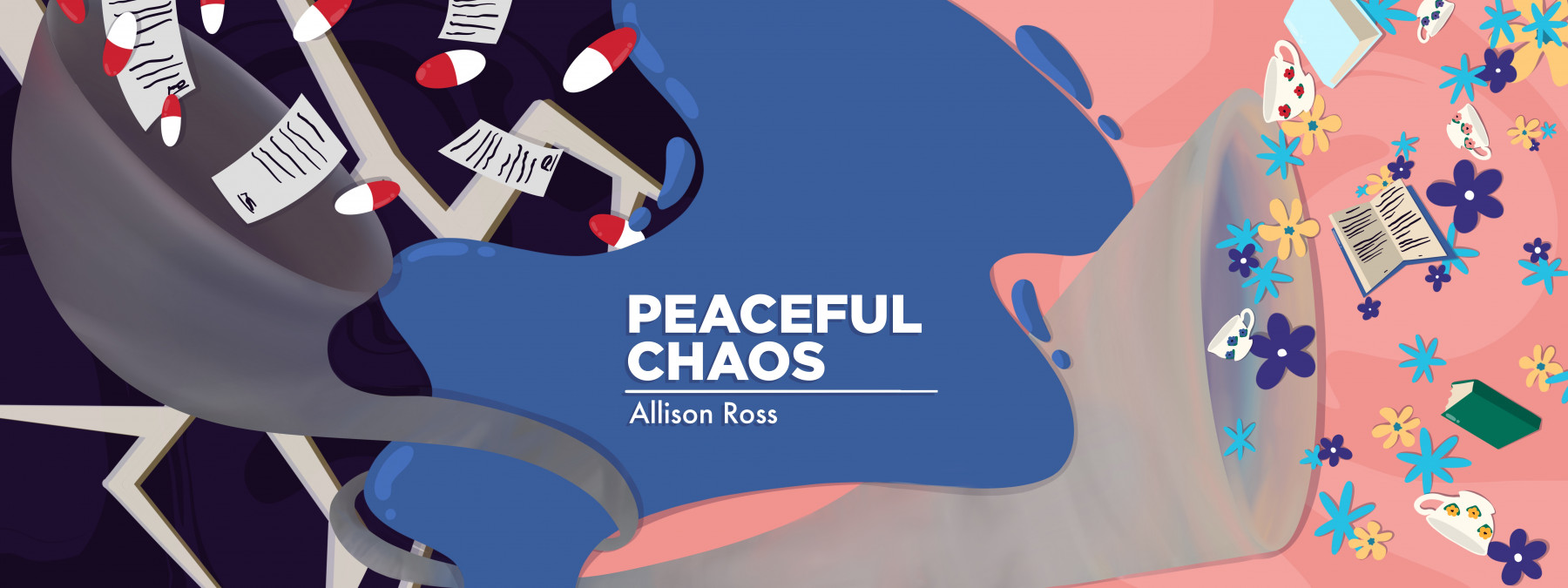A Look at Chronic Illness, Positivity, and the Passage of Time
Written by |

In the world of chronic illness, everything seems to be viewed in terms of time. There’s no room for impatience when your body struggles with a long-term disease.
If you make a change to your regimen for the good, such as an updated diet or exercise routine, it will take weeks or months to adjust and see results. If you begin taking a new medication, the body’s acceptance or resistance won’t be immediate. And perhaps the longest time to wait is finding out whether you’ll reach remission. Even when there’s an absence of inflammation, it might take longer for a physician to feel confident pronouncing the “R word.”
I’ve been a vasculitis patient for 18 years. The first six were spent taking care of my physical health and medical bills, making sure I was physically stable and could support myself. The 12 after that have been a whirlwind of volunteering, advocating, networking, and now, writing.
I spent almost a decade actively involved with the Vasculitis Foundation (including on the board of directors) before deciding last year to take some much-needed time off. But I still contribute time and effort to various projects for the foundation and maintain a web of patients and healthcare professionals as part of my personal network.
I don’t think there ever will be a time I’m not a part of the community. And these are connections that can only be built over a span of years.
Uplifting outcomes have resulted from my journey, but there’s also heaviness that comes with time. Grief is a significant factor.
The way I see it, there are two kinds of grief. One is the immediate shock and sadness when you lose a friend to vasculitis. The other is a sustained blue feeling of living with a disease that could seriously harm or kill you. Though the autoimmune community does their best to keep things positive, there’s always the underlying understanding that what we are dealing with is not normal — and not easy.
It is a valid psychological burden, and it’s OK to feel that it’s unbearable at times — especially when you experience the loss of someone close in the community. This has happened to me four times, and I note how it erodes my mental strength.
In the midst of this turmoil, you might feel survivor’s guilt. Why them and not me? How did I get so lucky to reach remission when others have to undergo multiple rounds of expensive treatment? What can I do to alleviate the weight of knowing this is permanent?
This type of psychological trauma shouldn’t be mundane for us, but it sometimes feels as though it is. And it can be overwhelming if we don’t have the tools to handle it.
Vasculitis can feel like a thick blanket enveloping me, no matter the temperature in the room. But life experiences brighten that darkness, lending a splash of color and providing some relief from the weight of living with a chronic disorder.
Though it sounds like a moral gem to be found at the core of a Hollywood drama, we really should live every day to the fullest. It’s cliche because it’s true. Without a health condition, it sometimes seems as though anything is possible. But if our disease is flaring, we might be limited in what we can accomplish.
Regardless, make that phone call. Begin that new hobby. Take that road trip. As I often say in this column, the world is full of beautiful things to discover, and if you have the energy, it’s an incredible lift to the spirits to seek them out. Time will only give us more opportunities to explore.
In the meantime, positivity goes a long way toward peace. We may not always understand the reasons life goes as it does, but we can practice the right mindset to accept it. And no matter the circumstances, or how many years the journey continues on, there is always reason to hope for a better future.
Note: ANCA Vasculitis News is strictly a news and information website about the disease. It does not provide medical advice, diagnosis, or treatment. This content is not intended to be a substitute for professional medical advice, diagnosis, or treatment. Always seek the advice of your physician or other qualified health provider with any questions you may have regarding a medical condition. Never disregard professional medical advice or delay in seeking it because of something you have read on this website. The opinions expressed in this column are not those of ANCA Vasculitis News or its parent company, Bionews, and are intended to spark discussion about issues pertaining to ANCA vasculitis.







Leave a comment
Fill in the required fields to post. Your email address will not be published.